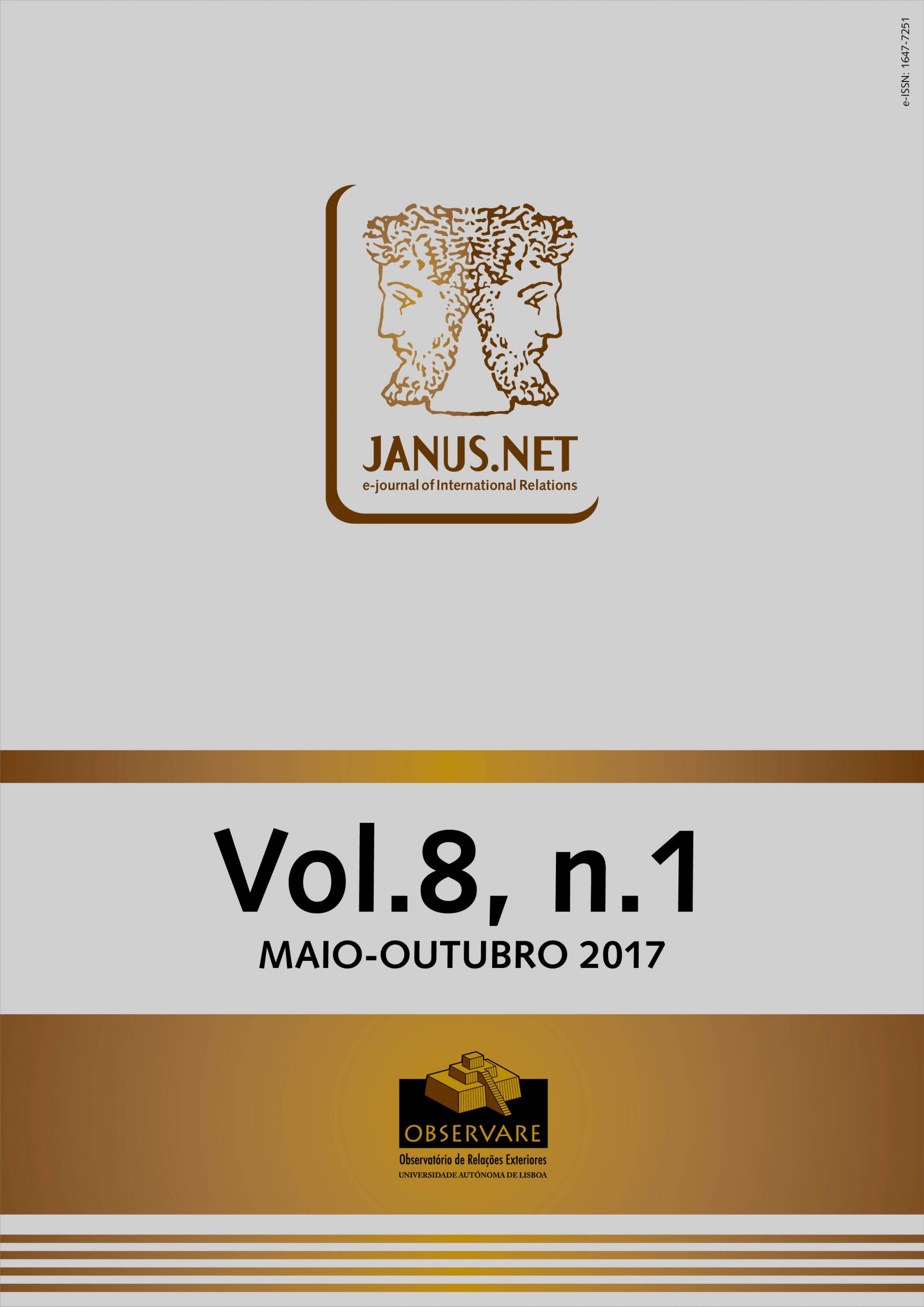Este artigo apresenta a tradição de Investigagção da Paz behaviorista “não-normativa” com dois objetivos. Um objetivo é posicionar esta área de investigação em relação a outras áreas de investigação próximas. A especificidade da Investigação da Paz é: a variável dependente de paz e conflito quando comparada com a Ciência Política e Relações Internacionais; a preocupação normativa com as causas da guerra quando comparada com os Estudos Estratégicos, e; a rejeição da “utilidade prática” e controlo da normatividade quando comparada com os Estudos para a Paz (definido como investigação da paz, educação e acção para a paz) e Resolução de Conflitos. Adicionalmente a Investigação da Paz é aqui considerada como uma sub-área dos Estudos de Segurança Internacional. O segundo objetivo do artigo é apresentar a história da Investigação da Paz. Desde a sua criação nos anos 1950s como uma alternativa aos Estudos Estratégicos e um enfoque na guerra entre Estados, a Investigação da Paz teve dois períodos de definição. Um período no final dos anos 1960 caraterizado como a “revolução socialista” com a conceptualização da paz (positiva) como mais do que a ausência da guerra e um desafio para a normatividade na investigação. Um segundo período nos anos 1980 com o alargamento do objeto de análise aos conflitos intra-Estado e a paz liberal e a emergência de outras ciências sociais dedicada ao estudo de temáticas da, ou próximas da, Investigação da Paz, de uma forma abrangente definidas como segurança, algumas adoptando uma abordagem normativa na investigação. A comunidade epistemológica da Investigação da Paz manteve a abordagem behaviorista apesar destes desafios normativos e a sua especificidade e unidade é muito devido ao seu método de investigação.
GENEALOGIA DA INVESTIGAÇÃO DA PAZ BEHAVIORISTA
Professor Auxiliar na Universidade Autónoma de Lisboa (Portugal) e investigador integrado no OBSERVARE. É doutorado pelo International Institute of Social Studies (ISS) da Erasmus University of Rotterdam (EUR) na Holanda. Foi membro da Research School in Peace and Conflict (PRIO/NTNU/UiO) na Noruega e é investigador de conflitos no Centro de Estudos Internacionais (CEI) do Instituto Universitário de Lisboa, Portugal. Tem um mestrado em Estudos sobre o Desenvolvimento pela School of Oriental and African Studies (SOAS) da University of London, assim como um diploma de pós-graduação em estudos avançados sobre África e uma licenciatura em Gestão, ambos pelo Instituto Universitário de Lisboa.
Resumo
Palavras-chave
Como citar este artigo
Sousa, Ricardo Real P. (2017). “Genealogia da investigação da paz behaviorista”. JANUS.NET e-journal of International Relations, Vol. 8, N.º 1, Maio-Outubro 2017. Consultado [online] em data da última consulta, http://hdl.handle.net/11144/3030
Artigo recebido em 12 Dezembro, 2016 e aceite para publicação em 26 Fevereiro, 2017















